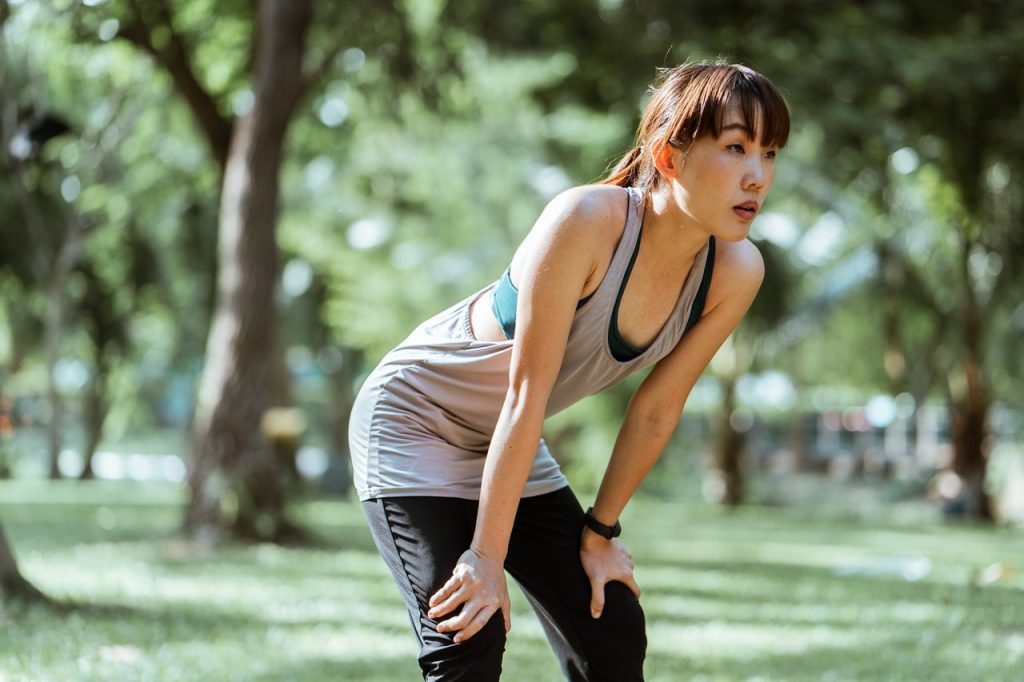
New research published in the journal Behavioural Processes demonstrates that by killing essential gut bacteria, antibiotics ravage athletes’ motivation and endurance. This study, which examined mice, suggests there is a big difference in the gut microbiome of athletes and couch potatoes.
Much research has been done on how exercise impacts the gut microbiome, but this study is one of few to examine the reverse – how gut bacteria also impact voluntary exercise behaviours. Engaging in voluntary exercise involves both motivation and athletic ability.
“We believed an animal’s collection of gut bacteria, its microbiome, would affect digestive processes and muscle function, as well as motivation for various behaviours, including exercise,” said Theodore Garland, UCR evolutionary physiologist in whose lab the research was conducted. “Our study reinforces this belief.”
Researchers confirmed through faecal samples that after 10 days of antibiotics, gut bacteria were reduced both in a group of ‘athletic’ mice bred for running on wheels and those that were not. Since no sickness behaviour was seen in the mice, exercise changes were ascribed solely to changes in antibiotic-induced changes in the gut bacteria.
Wheel running in the athletic mice was reduced by 21%, and the high runner mice did not recover their running behaviour even 12 days after the antibiotic treatment stopped.
Meanwhile, for the normal mice, antibiotics caused no difference in the running behaviour.
“A casual exerciser with a minor injury wouldn’t be affected much. But on a world-class athlete, a small setback can be much more magnified,” said Monica McNamara, UCR evolutionary biology doctoral student and the paper’s first author. “That’s why we wanted to compare the two types of mice.” Knocking out the normal gut microbiome might be compared with an injury.
One way the microbiome might affect exercise in mice or in humans is how carbohydrate metabolites are used by the muscles.
“Metabolic end products from bacteria in the gut can be reabsorbed and used as fuel,” Garland said. “Fewer good bacteria means less available fuel.”
The researchers would next like to identify the gut bacteria contributing to increased athletic performance. “If we can pinpoint the right microbes, there exists the possibility of using them as a therapeutic to help average people exercise more,” Garland said.
Lack of exercise is a risk factor for many diseases, and researchers would like to find ways of encouraging it more.
“Though we are studying mice, their physiology is very similar to humans. The more we learn from them, the better our chances of improving our own health,” Garland said.
Research into foods that can increase desirable gut bacteria is ongoing, and Garland recommends a balanced diet in addition to regular exercise to promote health.

